What started as a hobby at a very young age has now made Ricardo Vice Santos’s name travel far and wide in the tech world. His story has grabbed headlines all over, illustrating how he had a million dollar idea by bumping into a pole while texting in Sweden, and nailing its funding in 25 seconds.
Landing.jobs had a chat with Ricardo, a Landing.jobs Festival Speaker, directly from New York, and got to know a bit more about the future of Roger, what he values in a great tech professional, and his story so far — one that proves that even though life can have a bumpy start, you can still find a way to make it big.
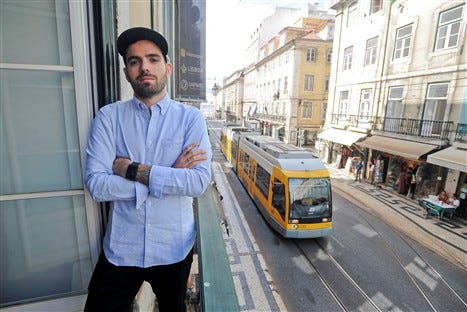
While kids in 8th grade would have rather enjoyed a good game of Pokémon or passing a football around, Ricardo Vice Santos was programming. His dad was an accountant, so he always had a computer close by. He was never much of a gamer, but when he bought a second-hand Pascal book and started playing around with it, he was hooked.
Ricardo’s childhood was spent between Lisbon, where he was born and where he studied Information Systems and Computer Engineering at Técnico; and Faro, where he moved to at a young age and where he returned to after financial difficulties forced him to drop out of university and get his first job carrying suitcases at Faro Airport.
Times spent throwing Samsonites over his shoulder at the age of 20 were reason enough to make him question the way his life was heading. At the time, when one of Forbes’ Millionaires-of-the-Year Lists hit the stands and he saw Google founders Larry Page and Sergey Brin among them, it came as a frustration.
“I knew how to programme and I was good at it. These guys started just like I did and there they were on Forbes magazine, yet I was carrying luggage.”
From then on, Ricardo decided that wherever he would go, he’d annually double his salary. However, “money only motivated me when I didn’t have any,” he shares. “When you’re on a budget and forced to think if you’ll have money in your pocket by the end of the month, it’s natural that that’s what you prioritise.”
With that goal in mind, he decided to move back to Lisbon and got a job at a startup, GuestCentric, who gave him the opportunity after being impressed with his practical test. After that, there was no stopping him. He’s moved on to living and working in Barcelona, Stockholm and, finally, New York, where he is now.
Luck or serendipity?
It hasn’t been luck exactly that has been by Ricardo’s side. He’s created his own luck by putting himself in favourable situations. When he left Barcelona after twelve months and headed to Finland for a job at Nokia, he realised the job was in Tampere, not in Helsinki, where he already had a group of friends who lived there.
That day, after realising and turning down the job, he bought an airplane ticket to Stockholm, the most expensive one to date for lack of a better choice. He’d applied to Spotify beforehand, but still hadn’t received a call back. He called to ask if they’d give him a final answer if he showed up at their offices the next day. “I didn’t need to have the final ‘yes’ or ‘no’, but I needed an answer to know what to do next.”
After the longest interview he ever went through, he got the job. “I convinced myself that it would happen, and it did.” Of course, it didn’t always happen that way; he’s heard his fair share of “no’s”, but “the truth is, by putting yourself in favourable situations where things might happen, it increases the probability of things actually happening. If I had stayed in Finland, Spotify could have called me, but it would have been less likely.”
A million dollar idea
But something better was about to knock on his door. Ricardo was one of the developers who worked at Spotify during its early stages, when it still wasn’t the streaming giant it is today. Five years in, the company changed a whole lot, and it started to feel less like a startup. Even though he still loves the company, he stopped feeling challenged, and missed the feeling of uncertainty of working at a startup.
Why the uncertainty? “It’s hard to explain,” he says. “Some people are motivated by security, others by insecurity. I was just never one to feel settled down.” He could have chosen to stay in Barcelona or stay put at Spotify, but he likes to move around and wanted to keep doing so. He started to use his weekends to brainstorm and play around with new products. Roger was one of them.
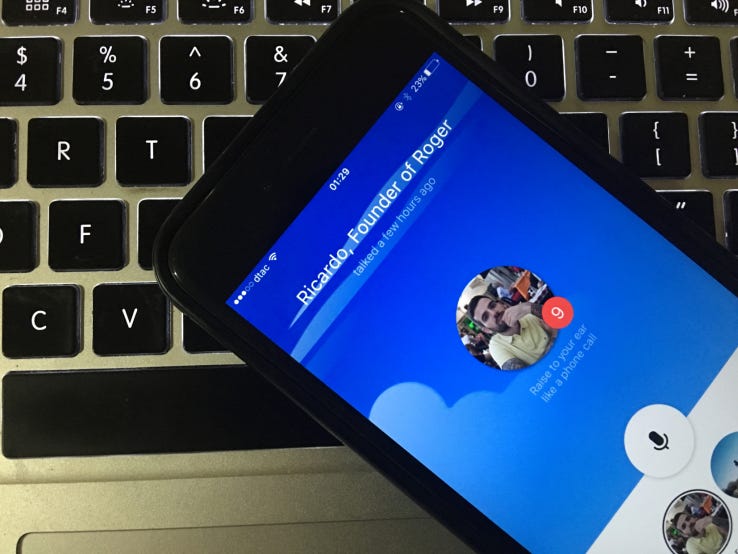
Created with his co-founder Andreas Blixt, also an ex-Spotify engineer, their idea was never to turn Roger into a product; it was purely meant as a weekend hobby. Little did he know that that little hobby would receive $1M in funding from Social Capital, founded by venture capitalist Chamath Palihapitiya, once one of Facebook’s finest. “I don’t double my salary like I used to, but that’s usually what happens in startups.” He certainly doubled the thrill.
A natural-born team builder
Having spent five years at Spotify, Ricardo also showed a knack for building tech teams. At Landing.jobs, we constantly talk about the importance of company culture and how important it is to find the right team fit, as did our guests from our events earlier in the year, such as in Berlin. Ricardo agrees.
“I assume everyone we hire has to be intelligent, hard-working and dedicated, but the culture will always have a very big impact.”
So what’s the difference between a product team at Spotify and at Roger? “Spotify is organised by a lot of small product teams. Roger alone would be one of those small teams.” Being a very early product, the team at Roger has to do everything, from the most important part of a company’s structure, like finance and recruitment, to the most basic day-to-day stuff, such as having coffee and snacks stashed away.
And when are they opening up some more positions, you ask?
“We’re in a growing phase at the moment, still defining what direction the product is going to take. We’ll decide that at the end of the year.”
They don’t have a big team, however, and that’s just how Ricardo likes it. “I’ve always admired companies with small teams who are very focused on their product.” Not that they do more than big teams do, but companies like Instagram and Whatsapp “are the perfect example of a very successful product built by small teams with few resources. It’s what we want to do at Roger.”
From the airport to a self-made man
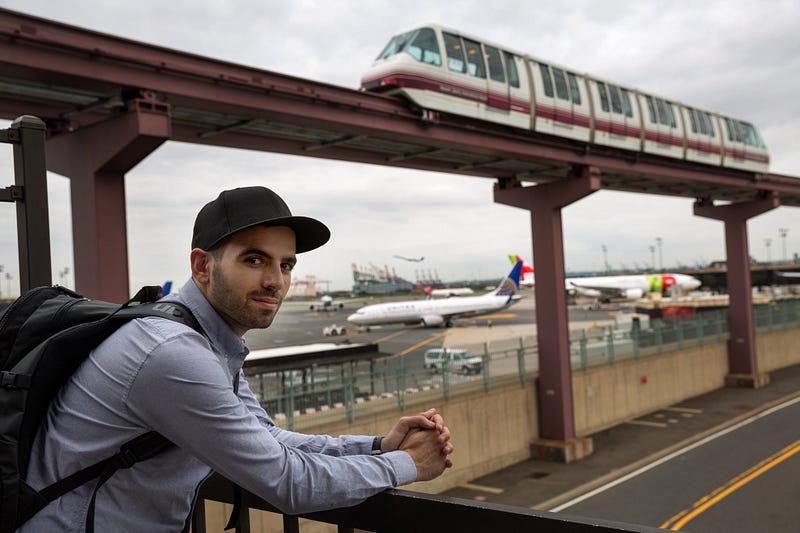
Richard Perry/The New York Times
Looking back now, how much did he lose by having to give up his studies? Ricardo considers that the most interesting part of university is that it’s the first time in most people’s lives where they have to develop projects by themselves and work in teams.
“It [university] is like a bootcamp for what’s out there waiting for you. It’s important, but it’s not essential.”
It also depends on your motivation. He gives Napster founder Sean Parker as an example of someone who didn’t finished his university degree, but still came out successful enough to be worth $2.5B.
“I knew what I wanted to do and having a degree didn’t really make a difference. It helps if someone has the financial possibilities, but if they don’t, it shouldn’t stop them or leave them behind. It doesn’t really matter if you have a degree or if you’ve finished it, you just have to keep moving.”
Even though what he does now is extremely hard and wrapped around a lot of insecurity and doubt, he feels lucky to wake up everyday and do what he wants.
“No one tells me what I can or can’t do, I have infinite freedom. I value that luxury. That’s my dream job.”
The power of naiveté
To all you Landing.jobs Festival candidates reading, Ricardo shares the one quality he’s always pledged to keep, one that can help you get to where you want to be, just like he did.
“Show passion and naiveté. Don’t assume things aren’t going to happen or that there’s no use in even trying. Building something from an idea that sounds absurd is easier when you’re younger and more naive, because you end up believing in it and run until you make it. It’s the same thing when applying for a job or building your own company. Being naive helps.”
Roger that.
Ricardo is a Landing.jobs Festival Speaker, and will be presenting his talk, “Punk hardcore for entrepreneurs”, on June 3, at 7:00pm, in Room Columbus.
Ricardo will also be on one of our panels, “Is how you learn important? Classroom vs Internet”, discussing alongside Mike Sexton, Antonio Cantalapiedra, Shannon Graybill, and Diogo Alves. Catch this panel on June 3, at 9:00pm, in Room Gama.
Register to attend the Festival and get a chance to attend Ricardo’s talk and panel!



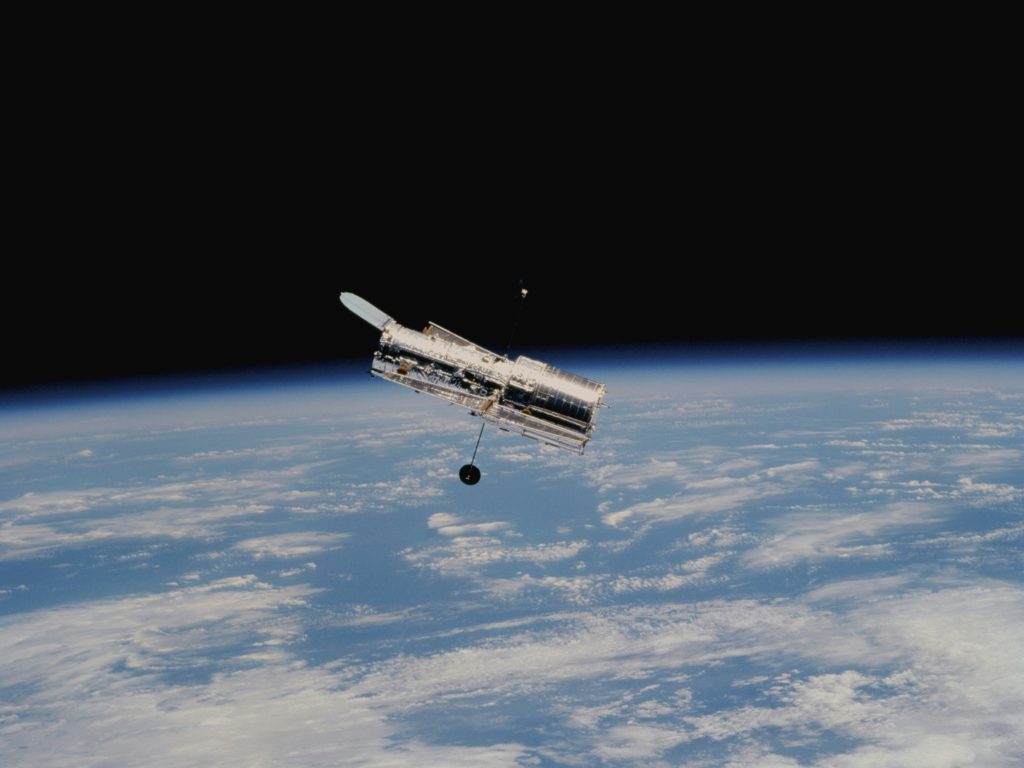

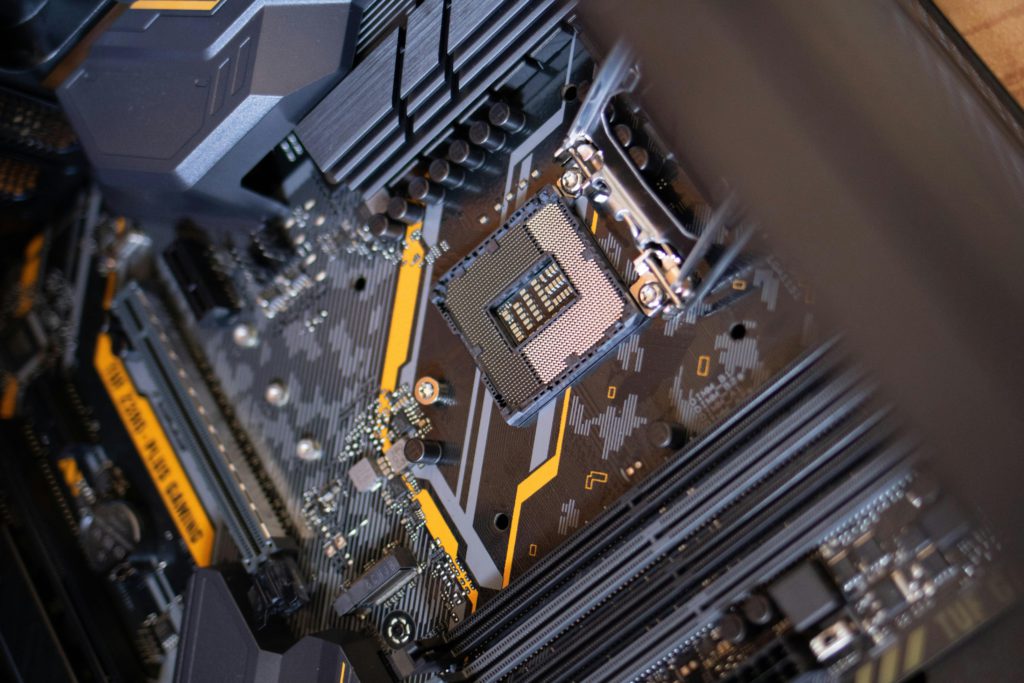
0 Comments